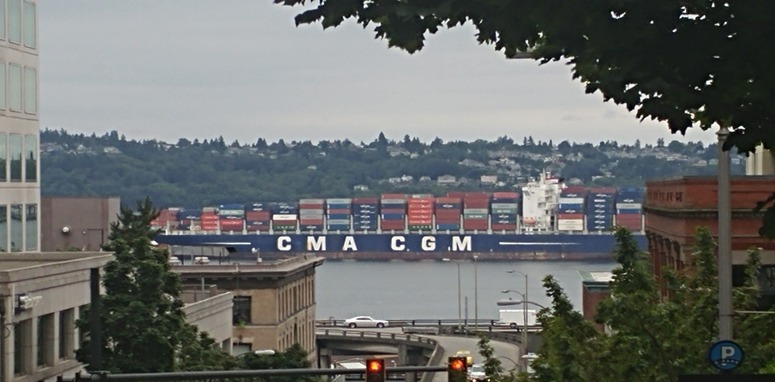During a visit to one of our large OEM customers, we were introduced to a new program manager who was about to face his first big test — moving his operation’s capital assets from one country to another.
“I’m going to need help,” he said, “but I don’t know if ICAT Logistics Detroit is the right freight partner for the job I’m facing and I’m frankly not sure how to start looking for a partner.”
How do you choose a freight forwarding partner to move valuable and large equipment across the globe? Here’s some advice we shared with our new acquaintance that might also work for you:
Know Thyself: Always begin by defining the basic requirements of the task at hand. What do you plan to ship? Where is the freight going? What is your schedule? Do you know what mode of transportation you prefer? Is the equipment fragile? Does your production schedule hinge on timely delivery? Will you require help disassembling and reassembling the equipment? In other words, be prepared to describe your requirements.
Due Diligence: Learn about the freight forwarding industry. Talk to peers who’ve had success, read blogs and industry trend studies, learn the language and regulations fundamental to the business.
Ask the Right Questions: Do they have the right experience moving large freight by land, sea and air? Are they properly insured? Do they specialize in certain types of freight? Do they have a solid industry reputation? Do they have representatives in the countries where you’re doing business? How far will they go to properly manage your shipments?
Do they Work Well with Others? Are they members of any large trade associations and do they attend meetings in other parts of the world? You want a shipper who understands other cultures, international regulation and documentation requirements and has an organization that has accepted them because they are pros in their field.
Networking: You want a freight forwarder with a wide network of service providers and representatives. They can offer flexibility and a range of options you wouldn’t consider if left on your own. Ask for references and follow up. Talk to other companies who have used the services of freight forwarding firms you’re considering
Partnership: The best business relationships are built on trust, transparency and service excellence. You should look for a freight forwarder who will plan and strategize with you to ensure you meet all your business goals. They will answer questions before you ask them. They will anticipate problems and resolve them before they occur. They will share information — good and bad — in a timely manner
Quite often, companies choose a shipping partner late in the game when suddenly they are faced with having to move equipment or make a delivery and freight forwarding is not in their plan.
Our advice? Think of your freight forwarder as part of your team. Don’t leave them out when you’re making important decisions. They will perform better and so will you.
We’re your custom shipping resource. Solutions to our customers’ most challenging issues are derived from decades of success in global logistics. https://www.icatlogisticsdtw.com/

